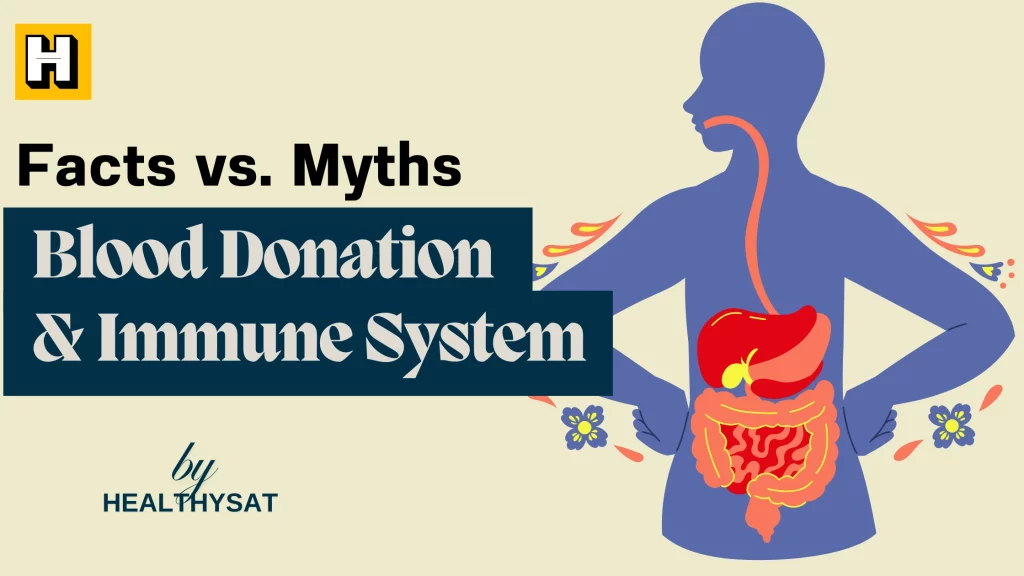Introduction
Do you often find yourself fixated on perceived flaws in your appearance, unable to see the beautiful person you are? Body dysmorphia can be overwhelming and distressing, making it difficult to appreciate yourself and embrace self-acceptance. However, there is a powerful tool that can help break free from the grips of body dysmorphia – hypnosis. This blog article will explore how hypnosis can be a game-changer in your journey toward self-love and confidence.
Understanding Body Dysmorphia
Before we delve into the potential benefits of hypnosis, let’s first understand what body dysmorphia is all about. Body dysmorphic disorder (BDD) is a mental health condition where an individual becomes preoccupied with perceived flaws in their physical appearance. These perceived flaws may be minor or nonexistent to others, but they become a source of intense anxiety and distress to the person experiencing BDD.
The Power of the Mind
Our minds are incredibly potent, capable of influencing our emotions and behaviors. Just like negative thoughts can exacerbate body dysmorphia, positive and constructive thoughts can potentially change how we perceive ourselves. Hypnosis taps into the power of the mind, helping individuals reframe their ideas, build self-confidence, and cultivate self-love.
What is Hypnosis?
Hypnosis is a natural state of focused attention and heightened suggestibility. Contrary to popular belief, it is not a state of unconsciousness or loss of control. Instead, it is a state of deep relaxation, where the subconscious mind becomes more open to positive suggestions and affirmations.
Breaking Negative Thought Patterns
Body dysmorphia often feeds on negative thought patterns, leading to a never-ending cycle of self-criticism. Through hypnosis, individuals can break these patterns by accessing the subconscious mind and replacing negative thoughts with empowering ones. This can shift perception and lead to a more positive self-image.
Building Self-Confidence
Hypnosis can be a powerful tool for building self-confidence. By working with a trained hypnotherapist, individuals can address the root causes of their body dysmorphia and develop a newfound sense of self-assurance. Hypnotic techniques can help individuals tap into their inner strengths and talents, increasing confidence in various aspects of life.
The Role of Hypnotherapy
Hypnotherapy is the application of hypnosis for therapeutic purposes. In the context of body dysmorphia, a skilled hypnotherapist can tailor sessions to address the specific needs and challenges of the individual. These sessions may include guided imagery, positive affirmations, and relaxation techniques, all aimed at promoting self-acceptance and self-love.
1. Overcoming Fear and Anxiety
Body dysmorphia often comes hand in hand with fear and anxiety about social interactions and how others perceive us. Hypnotherapy can help individuals confront and manage these fears by instilling a sense of calm and confidence. By rewiring the thought processes, hypnosis can reduce social anxiety and improve overall well-being.
2. Embracing Self-Acceptance
Through hypnosis, individuals can cultivate self-acceptance and compassion toward themselves. This process involves letting go of unrealistic beauty standards and embracing one’s unique qualities. Hypnotherapy encourages a shift in focus from external validation to internal appreciation.
3. The Science Behind Hypnosis
While hypnosis has been practiced for centuries, modern science has shed light on its neurological underpinnings. Neuroimaging studies have shown that hypnosis can lead to changes in brain activity, particularly in areas related to perception and self-awareness. These findings support the idea that hypnosis can influence how we perceive ourselves and the world around us.
4. Personal Empowerment through Hypnosis
One of the most remarkable aspects of hypnosis is its potential for personal empowerment. Individuals can regain control over their thoughts and emotions by taking an active role in their healing process. Hypnosis empowers individuals to be the authors of their narratives, free from the constraints of body dysmorphia.
5. Incorporating Hypnosis into Daily Life
Hypnosis can be a valuable tool, not only in formal hypnotherapy sessions but also in daily life. Self-hypnosis techniques, such as visualization and positive affirmations, can be practiced independently to reinforce the positive changes made during formal sessions. Consistency and commitment are vital to achieving lasting results.
- Women in Jock Straps: Unveiling the Empowerment Behind Sporty Fashion
- Miracle Leaf Benefits: A Comprehensive Guide
- How to Get Health Insurance in Nigeria: A Comprehensive Guide
- The Best Health Insurance Company in Nigeria: Ensuring Your Well-being with Comprehensive Coverage
- Fun and Engaging Rett Syndrome Activities for Individuals of All Ages
Finding a Qualified Hypnotherapist
If you are considering hypnotherapy to address body dysmorphia, it’s essential to find a qualified and experienced hypnotherapist. Look for certifications, testimonials, and reviews to ensure you work with a professional who can guide you toward self-acceptance.
The Transformative Power of Hypnosis
Hypnosis, when used as a complementary approach to conventional treatment, has the potential to be transformative for individuals struggling with body dysmorphia. Embracing the mind-body connection, hypnosis enables individuals to rewrite their self-narrative, fostering a positive relationship with their bodies and enhancing their overall well-being.
Conclusion
Body dysmorphia can be challenging, but with the power of hypnosis, there is hope for transformation and healing. By unlocking the mind’s potential, individuals can break free from negative thought patterns, build self-confidence, and embrace self-acceptance. Hypnosis is not a quick fix but a journey toward self-discovery and personal empowerment.
Frequently Asked Questions
1: Is hypnosis safe?
Yes, hypnosis is generally considered safe when practiced by trained professionals. Working with a qualified hypnotherapist is essential to ensure a positive and safe experience.
2: Can hypnosis cure body dysmorphia?
Hypnosis is not a cure for body dysmorphia but can be a valuable complementary approach to conventional treatments. It can help individuals manage anxiety, build self-confidence, and promote self-acceptance.
3: How many hypnotherapy sessions are needed?
The number of hypnotherapy sessions needed can vary from person to person. Some individuals may experience positive changes after just a few sessions, while others may benefit from ongoing support.
4: Can self-hypnosis be effective?
Yes, self-hypnosis can be effective when practiced consistently and with guidance from a trained professional. It can reinforce the positive changes made during formal hypnotherapy sessions.
5: Does insurance cover hypnosis?
In some cases, insurance may cover hypnotherapy, depending on the specific policy and the reason for seeking treatment. It’s best to check with your insurance provider to determine coverage options.







